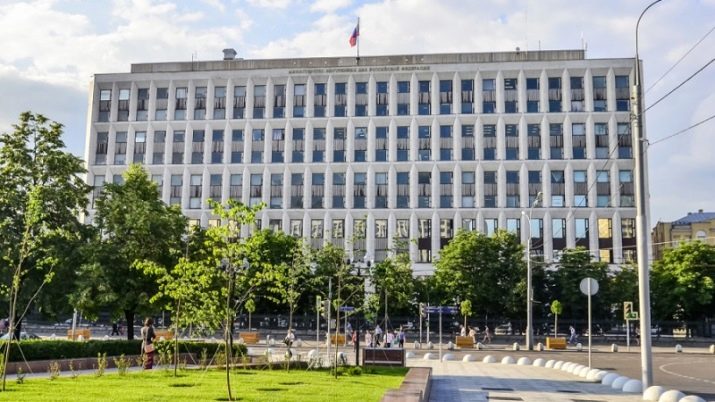All about professions in the police

Choosing a profession is an important and responsible task. In this case, you can focus on a variety of factors: your personal interest, the level of wages, demand in the labor market, and much more. If you are inclined towards altruism and are looking for a career that would benefit people, then you should pay attention to the work in the police. Today in our article we will talk about the history of this organization, as well as what kind of specialists work there.
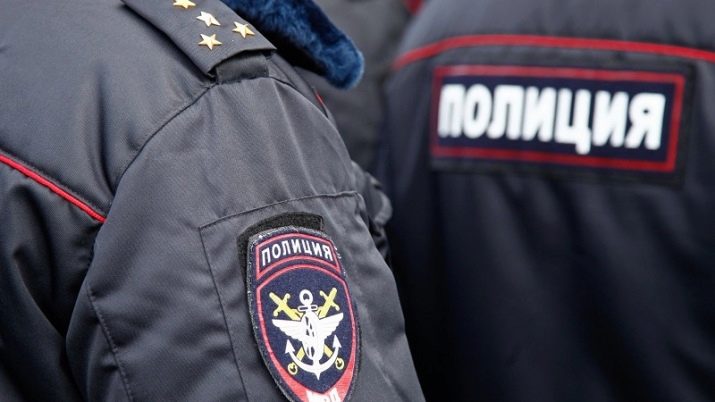
History of origin
Generally speaking, the police have a rather interesting history of their origin. By itself the word "police" came to Russian from the ancient Greek language, and it is translated as "city". In the middle of the 16th century, Melchior von Ossa first used the word "police" as a term. At that time, this definition was synonymous with public order. For the first time in history, the police profession was described by the Frenchman Nicolas Delamard in the 18th century. He wrote and published a full-fledged theoretical treatise.
Until the beginning of the 19th century, the word "police" was used quite widely and had an indefinite meaning, its used in the field of judicial activity and maintenance of law and order. The first organization, which in structure and function can be compared with the modern police, appeared in the capital of England (London) in 1829. Politician Robert Peel is considered to be its founder. At the same time, at that time, the police were engaged not only in reducing the crime rate, but also sought to profit from their activities.
On the territory of the modern Russian Federation, the police appeared thanks to the efforts of Peter I. Later, at the moment when the Bolsheviks came to power, the police functions were transferred to the people's militia.
However, in 2011, according to the decree of the President of the Russian Federation Dmitry Medvedev, this organization was again renamed the police.
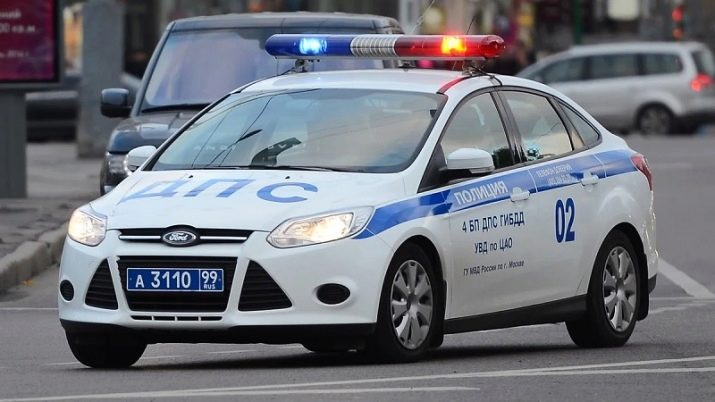
Advantages and disadvantages
Like any other professional activity, police work has its own characteristics. Moreover, they are not only positive, but also negative. Before you decide to finally link your destiny with such a career, you should carefully study all the pros and cons in order to make the most objective and balanced decision. Let's start by examining the benefits of policing.
- Stability... A police officer is a civil servant. Accordingly, he may not be afraid of a sudden cut or decrease in wages. For such workers, high social guarantees are guaranteed.
- Social prestige. A police officer is a person who benefits our society. Thus, conscientious servants of the law are highly respected among ordinary citizens, as they stand in the defense of law and order.
- Full social package and benefits. Police officers can count on paid vacation and sick leave, the possibility of free or discounted spa treatment, as well as a number of other benefits.
- Possibility of career growth. When finding employment for a starting position, an enterprising, active and purposeful employee can always count on further promotion in the service, respectively, on an increase in the amount of material remuneration for his work.
- Early retirement. Police officers retire fairly early and receive decent government benefits. At the same time, due to the fact that a person is at a sufficiently working age, he can continue to develop in other areas of interest to him.
- The opportunity to get a free higher education. If desired, police officers can go to university and receive a higher education degree completely free of charge. Such advanced training guarantees a promotion.
- High level of demand. If you study city notice boards and official information from employment centers all over Russia, you can make sure that police officers are needed almost everywhere. Thus, by choosing this career path, you will not be left without a job.


You should also analyze the existing shortcomings.
- High level of risk. Police officers risk their lives and health on a daily basis. That is why they are provided with all the above-described social guarantees and benefits.
- Constant stress. Police work is associated with a lot of stress (especially for those employees who come into direct interaction with criminals and offenders).
- Strict requirements... In order to join the police, you need to go through a strict selection process. If you do not meet any requirements (for example, psychological or physical), then you will not be accepted for work.
- Regular communication with antisocial elements. In the course of carrying out their professional duties, police officers constantly communicate with antisocial and immoral elements, which negatively affects the emotional and psychological state of employees.
- A lot of paperwork... Depending on the specific position that a specialist occupies, he may face a lot of paperwork and a high level of bureaucracy.
- Irregular schedule... The police officer's work is not on schedule. In the event of unforeseen situations or emergencies, the employee can be called to work at any time of the day, on weekends and holidays.This factor is especially negative for those workers who have families and small children. Thus, the number of pluses and minuses is approximately the same.
Carefully study all the shortcomings of the work and make sure that you are ready to transfer them. Otherwise, in the future, you can greatly regret the hastily made decision.
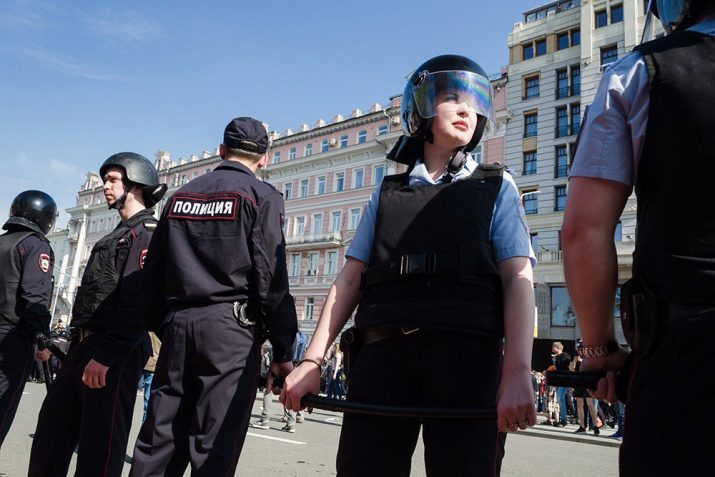
Views
A wide variety of specialists are involved in the police service. In connection with certain features of this professional activity, men most often enter the service. Recently, however, this trend has begun to actively change. Consider the description and characteristics of some types of police professions.
Womens
It should be borne in mind that regardless of the specific position, police work is associated with great risk. However, some specialties are less dangerous. Representatives of the beautiful half of humanity are most often engaged in this kind of work.
- Criminalist. The profession is suitable for those girls who have an analytical mindset and are able to think logically. At the same time, it is also necessary to have such qualities as accuracy, accuracy and attentiveness. A forensic scientist, in the course of performing his professional duties, collects and analyzes evidence. So, it is this specialist who takes fingerprints from the scene. In general, the work is of a research nature.
- Investigator... Such a specialist (as you might guess from the very name of the profession) is directly involved in the investigation of crimes. In order to qualify for this position, you must have a specialized legal education. A highly qualified specialist must be able to correctly compare the facts and draw conclusions from them, as well as have a detailed knowledge of the criminal legislation of the Russian Federation.
- Information Security Specialist... The work of such an employee is directly related to information, so he must be well versed in areas such as technology and programming. Due to the high requirements for the position of an information security specialist, only those people who have a higher education diploma in the relevant field of study are taken to the police.
- Inspector for work with minors. This police post is one of the most popular among women. The specialist's duties include regular monitoring of disadvantaged families with children, their verification and interviews. In addition, the inspector conducts preventive and educational conversations in order to prevent deviant and illegal behavior. At the same time, it is very important to have a high level of stress resistance and be emotionally stable. When performing professional duties, knowledge of psychology will be especially important.
- Escort. This person is involved in escorting and searching criminals. Very often women are required for this position, since law enforcement officers of the same sex should search people who have violated the law.
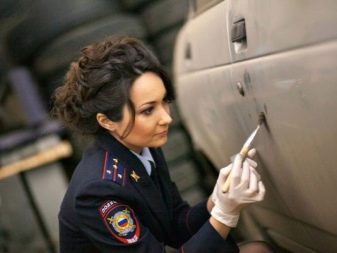

Mens
Consider several types of police professions that are more suitable for males.
- Operative. Such officers usually work in specialized bodies of the inquiry system. They have special powers that are necessary to carry out such a function as conducting operational-search activities. In addition, the specialists carry out the so-called "undercover" work.
- Traffic police inspector... This employee must ensure a stable situation on the road, as well as monitor the observance of traffic rules by pedestrians and drivers. In addition, the traffic police inspector conducts preventive and explanatory work.
- Cynologist. A dog handler is a person whose work activity is directly related to dogs.Accordingly, the specialist must have a love for animals. Dogs, trained and educated by cynologists, take part in operational-search activities and help in catching criminals.
- Police officer. Police officers can work as a district or patrol officer. At the same time, good physical fitness and good health are required from the employee. This profession in the police is one of the most dangerous and is characterized by irregular working hours.
It should be borne in mind that this list is not closed. There are other police specialties. Moreover, they can differ and be supplemented depending on a specific country (for example, in some states there are such professions that are called "mounted policeman" or "tax policeman").
In addition, today in a modern developed society there is no clear distinction between female and male police officers, so you can safely apply for almost any position.
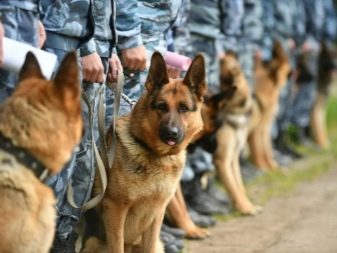
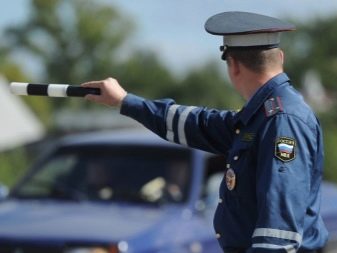
Knowledge and skills
In order to effectively and competently carry out all his work duties, a police officer must meet a number of requirements. Let's consider the main ones:
- good physical fitness;
- the ability to handle weapons;
- possession of the technique of hand-to-hand combat;
- detailed knowledge of the legislation of the Russian Federation (especially the criminal code and regulations that govern the activities of an employee);
- excellent knowledge of the Russian language (necessary for the correct preparation of documents);
- knowledge of the basics of office work, etc.
At the same time, depending on a specific specialization, the necessary skills, knowledge and skills can be changed and supplemented. Usually the employer indicates this in the job description or clarifies it in a personal interview.
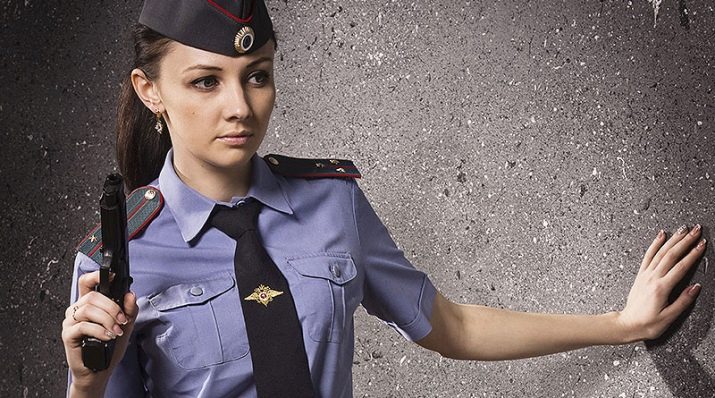
A responsibility
Like any other employee, a police officer is responsible for non-fulfillment or improper fulfillment of his official duties. At the same time, due to the fact that in itself the professional activity of a police officer is associated with an increased risk, responsibility for non-compliance with the necessary rules can be very serious, up to criminal punishment.
Education
As mentioned above, depending on the position for which you are applying, you may need one or another level of education in a particular area of training. So, for example, an investigator must have a diploma in higher legal education, and an information security specialist must be a professional programmer.
If you are applying for the position of an ordinary policeman, then a complete secondary education will be enough for you.
Place of work
Police officers work in:
- The Ministry of Internal Affairs of the Russian Federation and its local offices;
- State Traffic Inspection;
- investigative committees;
- bodies of inquiry;
- Federal Service for the Execution of Sentences;
- the structure of foreign intelligence and many other divisions.
